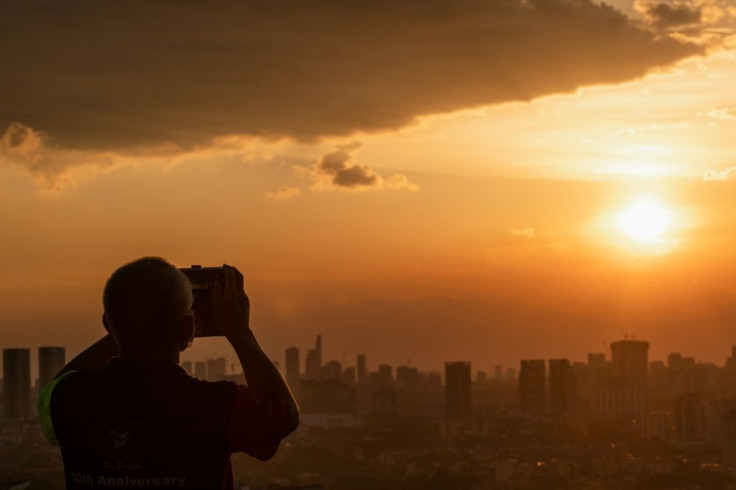Malaysia Says Won't Restrict Social Media Videos After Outcry

Malaysia insisted Thursday it would not use decades-old laws to stop people posting videos on social media, backtracking on earlier comments that sparked concerns about worsening freedom of expression.
Communications Minister Saifuddin Abdullah told parliament earlier Thursday that the law required people in Malaysia to get official permission to make any video -- even those intended for social media platforms such as TikTok.
His comments sparked a storm of criticism from opposition lawmakers and social media users concerned the government was trying to silence dissent, as well as mockery online.
The remarks were triggered by a row over an Al Jazeera documentary made in Malaysia which has infuriated officials, who claim the Qatar-based broadcaster did not get the necessary licence.
Al Jazeera insists it did not need one for the programme -- prompting Saifuddin to make the remarks.
However, hours later, he released a statement saying he had simply been explaining how the current laws, which date from the 1980s, on producing films worked.
"The government has never, and does not intend to, use this act to restrict personal freedoms of individuals on social media," he said, adding that platforms like TikTok and YouTube did not exist when the law was enacted.
Officials were open to any suggestions about how the legislation could be improved, he said.
Many had been more amused than outraged by Saifuddin's original comments, and posted mocking videos.
Alongside a clip of his pet cat, one Twitter user commented: "Just letting you know that I do not have a... licence to publish this film."
The disputed Al Jazeera documentary focused on the plight of migrant workers in Malaysia.
Six of the broadcaster's journalists -- including five Australians -- were called in for police questioning this month.
Concerns have been growing in Malaysia about worsening media freedom since a reformist government collapsed and a scandal-plagued party seized power in March.
© Copyright AFP {{Year}}. All rights reserved.





















